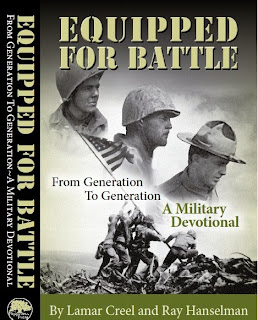Parshandatha, Dalphon,
Aspatha, Poratha, Adalia, Aridatha, Parmashta, Arisai, Aridai, and
Vajezatha, were the names of the
ten sons of Haman. We learned that their names meant: Given by
prayer, dripping, the enticed gathered,fruitfulness or frustration, I
shall be drawn up of Jah, the lion of the decree, superior, lion of
my banners, the lion is enough, and strong as the wind. In chapter
nine and verse ten we discover what the Jews did to these ten sons of
their enemy. We read:
The ten sons of Haman
the son of Hammedatha, the enemy of the Jews, slew they; but on the
spoil laid they not their hand.
The
verse begins, “The ten sons of Haman the son of Hammedatha, the
enemy of the Jews, slew they;” We notice first of all that
Haman's father is listed among these enemies of the Jews -
“Hammedatha” which means “double”. It appears that
this was a generational hatred that was passed down by the
grandfather of these ten sons. Regardless of the nature of the length
of time involved, the Jews were able to defeat these foes by slaying
them.
The
verse goes on to say, “ but on the spoil laid they not their
hand.” It was a normal course of action for the victors to take
of the spoils left by their adversaries after defeating them, and it
was noted earlier in chapter eight and verse one that Queen Esther
was given the house of Haman. Perhaps those who defeated these sons
knew that everything within their houses belonged to Queen Esther,
and the Jews who destroyed the sons of Haman were contented just to
have the victory over them. Knowing that these sons of Haman were no
longer a threat was more than likely all the “spoils” they
needed.
When we
examine the names of the sons of Haman there almost seems to be a
message within them. Compiled together we might remember the prayers
and fasting of Mordecai and his call for all the Jews to do the same
throughout the Persian empire – a dripping so to speak. Enemies
were gathered against them, and although they thought they would
destroy the Jews, the Jews were drawn up by God because the lion of
the decree was superior, a banner, enough and strong as the wind.
This may be just a coincidence that the names align in such a manner
as this, however there is one thing for sure – the enemies of the
Jews were defeated. These ten sons of Haman, grandsons of Hammedatha
were slain, and the opposition to God's chosen people was destroyed.
The question is, “Do we believe that God works in our lives in such
a manner that even within the names of the children of our enemies
His mighty plan would be revealed?” Perhaps as we ponder the ten
names of the sons of Haman and the meaning of those names, we will be
encouraged that God indeed does have a plan well in advance of our
knowing anything about it.
Next
time we will see a report given to the king of those killed within
the palace, so read ahead, and we shall join together then.
Until
tomorrow...there is more...
Look
for the daily devotional book “Equipped for Battle – From
Generation to Generation” and the new marriage book “So, You Want
to Be Married” in all major bookstore sites, www.amazon.com ;
www.barnesandnobles.com ; download to e-books, and find it locally at
www.mrzlc.com/bookstore



























